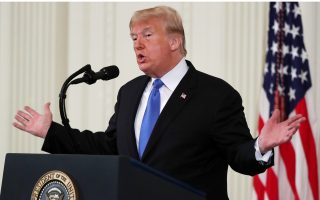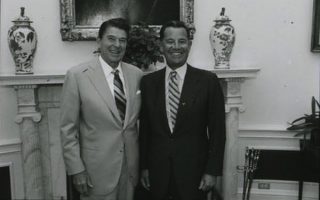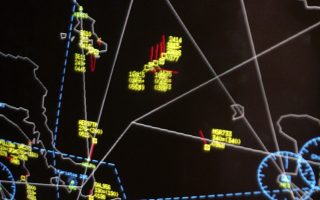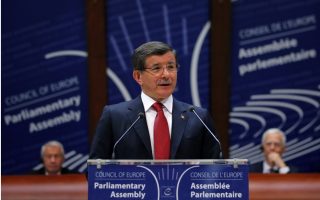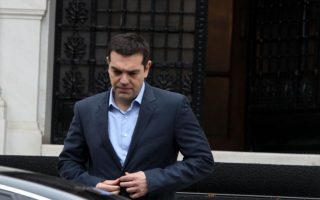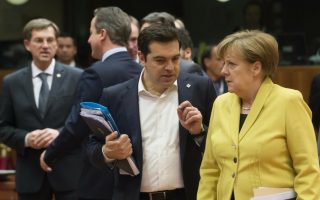The power of symbols
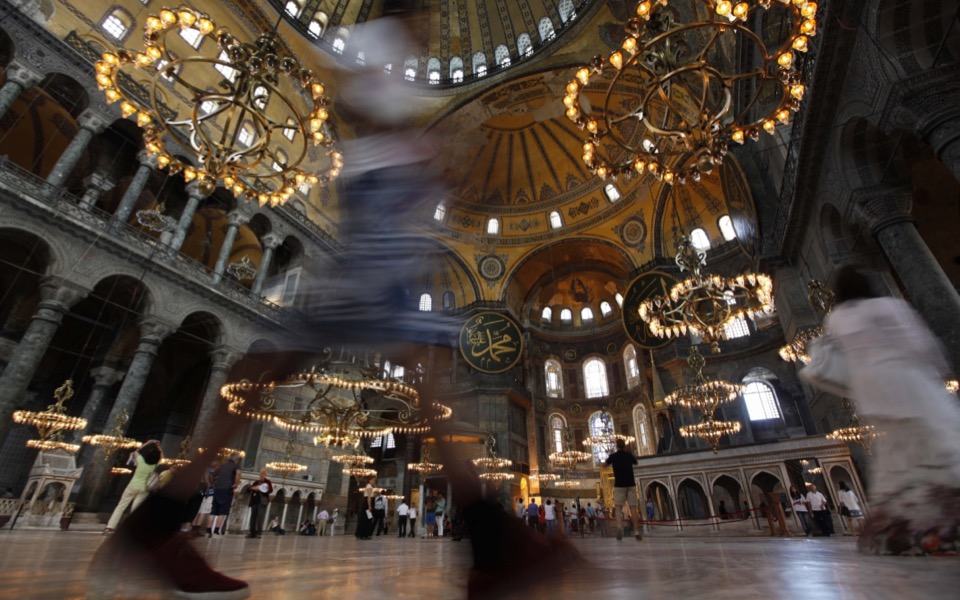
The Church of Hagia Sophia in Istanbul is of enormous significance to the Greek people and the Orthodox faith. For centuries, folklore associated the re-establishment of the Byzantine Empire with the resumed operation of the church. There was no mention of the Sacred Palace, the seat of emperors for 800-plus years.
Hagia Sophia functioned as a mosque from 1453 to 1934, when Turkey’s first president, Mustafa Kemal Ataturk, transformed it into a museum for his own political ends. Today, another Turkish president, Recep Tayyip Erdogan – promoting diametrically opposed personal ambitions to those pursued by Ataturk – has allowed the site to be used for a televised reading of the Quran during Ramadan.
The power of symbols, however, remains catalytic and the decision by the Turkish authorities was seen as a provocation by the Greek people and also by the country’s political parties. The Greeks correctly believe – as does UNESCO – that Hagia Sophia is a monument of world cultural heritage, therefore, any dissatisfaction with Ankara’s decision should have come from the Greek Culture Ministry and, perhaps, at a stretch, from the Church of Greece, even though such a move would not have been within its jurisdiction as it is the job of the Patriarchate to protect the interests of Orthodoxy.
Instead, the reaction came from the Ministry of Foreign Affairs, which condemned the decision as “regressive” and incompatible with “modern, democratic and secular societies.” As was expected, the counterattack came from a representative of the Turkish Foreign Ministry, who accused Greece of suppressing the rights of its “Turkish” minority in the northeastern region of Thrace and other such unfounded charges. In short, the issue took on a political dimension, which, because of the uncertainty prevailing in Turkey, could lead to very undesirable developments.
This writer has no particular admiration for Erdogan’s policy, neither inside the country nor in foreign affairs. However, a civil war is in the offing in Turkey, which, in combination with the territorial changes in Syria and Iraq, could lead to the fragmentation of the Turkish state.
The most worrying thing is that Erdogan seems to think that extreme confrontation, both within and outside the country’s borders, is key to remaining in power.
It is not our job to change Turkey and the issue of Hagia Sophia is not a bilateral political matter but entirely about respecting world cultural heritage – so it should be left at that.
